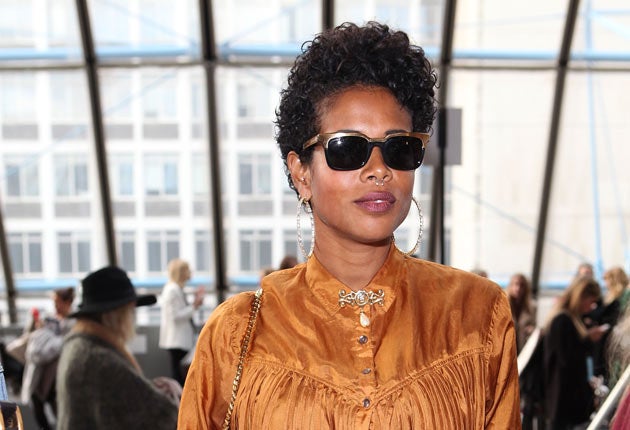Man about town

For those at the Roberto Cavalli party last weekend, it was as though the last days of decadence never went away. Even for a man known for his ostentation, the event was impressive. Battersea Power Station, one of the grander venues in London was hired, a top (and very expensive) restaurant was brought into cater for a buffet so good that even the male models were going back for second helpings of risotto, while two London nightclubs provided the (free) bars and entertainment, until Kelis came on (for a rumoured six-figure sum).
The bash came just a few days after make-up brand Rimmel hired the same venue to celebrate its 10-year association with Kate Moss, who arrived, to much fanfare, in a helicopter. Such events would have been flamboyant in the boom times, but now they look doubly so.
Some might find this sort of behaviour distasteful, but these events – and a handful of others during London Fashion Week – showed that, at the luxury end of the market, the money is very much back (or if it went away before, it was merely hiding). Even at the smaller end of the market, more and more events seemed to take place with a big brand attached.
Our leading designers are increasingly celebrated in the mainstream press and courted by both high-street stores and politicians. For a company wanting to "evolve" its image, jumping on the fashion band wagon can be a wise thing to do.
The week's menswear day is often glossed over. But designer James Small caught the imagination of the fashion crowd as he threw a sprawling, lively party at the Corinthia Hotel, held in association with Vauxhall Motors.
It wasn't the only tie-in for the company over the week – they were also sponsoring a model scout scheme. Likewise, Vodafone and Mercedes Benz at Fashion Week maintained their sponsorship of the week.
We might not understand the concepts of PFI, Free Schools and the Big Society, but we understand that everything has to be paid for. So whether companies want to show they are not just heartless cash generators, or seeking some cool-by-association cachet, they provide a welcome source of income.
Like wealthy benefactors and patrons in centuries past, these big brands could sustain and promotethe endeavours of the creative types of today.
Subscribe to Independent Premium to bookmark this article
Want to bookmark your favourite articles and stories to read or reference later? Start your Independent Premium subscription today.

Join our commenting forum
Join thought-provoking conversations, follow other Independent readers and see their replies